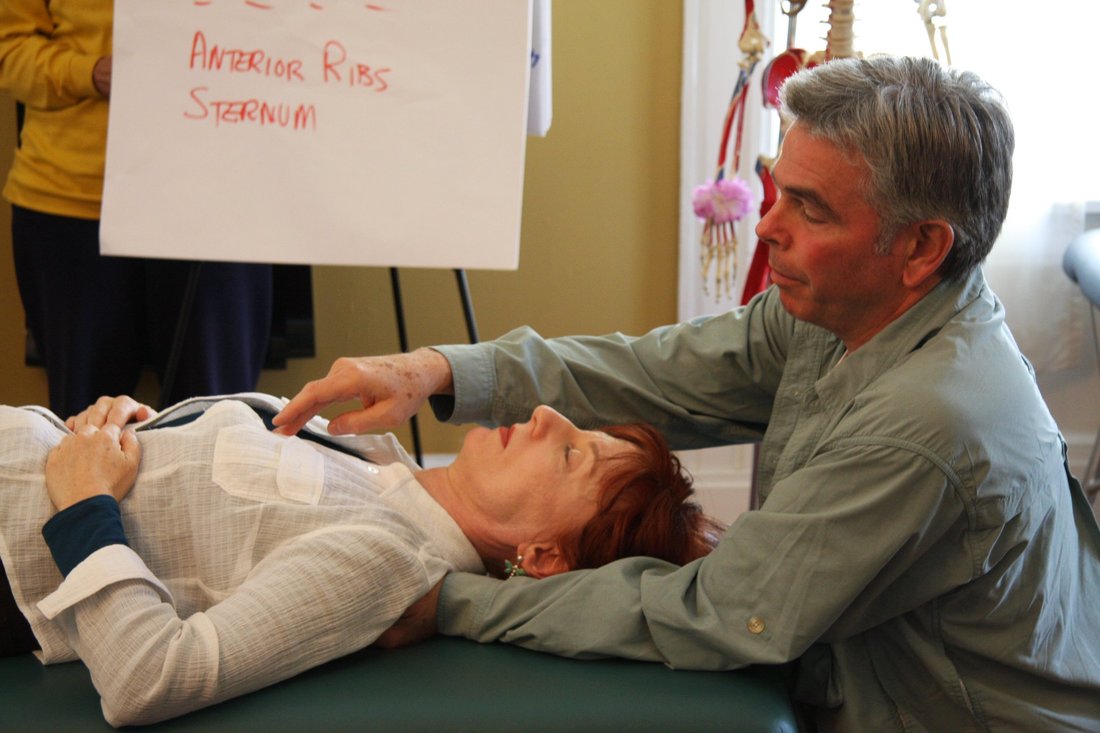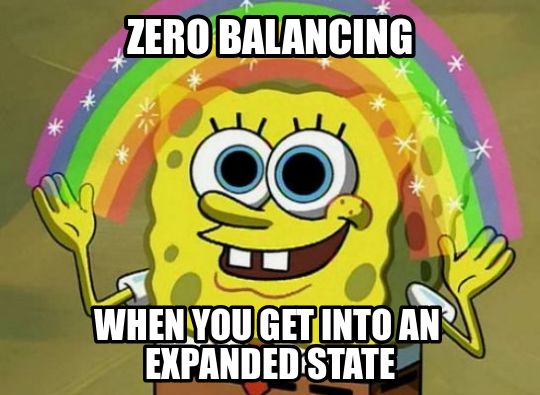|
Image by Barbara A Lane from Pixabay
There is an emerging paradigm shift taking hold in the treatment of mental illness. It goes by the name of Psychedelic Assisted Psychotherapy, and essentially involves the ingestion of psychedelics under supervision in a safe setting. Doing so greatly increases the likelihood that the psychedelic experience is one of therapeutic benefit. Such benefits include the treatment of treatment-resistant depression, fear of death in terminal cancer patients and nicotine addiction. The results from research done so far is very compelling - some cases of which show that three doses can have lasting and sustained positive outcomes, such as an 80% success rate in the case of treating nicotine addiction. And, indeed, that one dose can make a beneficial and lasting impact on those suffering from depression. Such success rates are totally unheard of in the existing paradigm. Similarly impressive results are seen in the treatment of post traumatic stress disorder (PTSD). With two new research centres now established - one in Imperial College London and the other at John Hopkins University - many more studies are planned.
7 Comments
Clients often come to me to release the imprints, the remnants, and the ever present impact of events from the past. Abuses of all kinds, childhood conditioning and psychological patterns that developed as a result of these are the most common. Every one has their story, their pain. The common notion of the nature of time is that the past is just that, in the past - it's no longer present and no longer affects us - may be true in a mechanical sense. And it's along these lines that you may hear people say, "Get over it," or, "Why does that still bother you?" Other than lacking the obvious compassion, such statements are also factually incorrect. The past is not the past when it comes to the human psyche. Both Bessel van der Kolk's best-selling book, The Body Keeps The Score, and Dr Gabor Mate's excellent books summarise how the central nervous system still behaves as if the threat of past experiences is ever present, and I would thoroughly recommend people read these books if they want to explore this topic further. The affected central nervous system, in turn, affects the whole body - including hormone secretions and organ function - as well as our behaviour. Our accumulation of experiences has shaped us, and continues to do so. This morning I re-read Jim McCormick's guest blog post and it strikes at the very heart of why I do Zero Balancing and why I continue to dedicate myself to it. Zero Balancing is not just for aches, pains and physical realignment. It's a tool that can deepen our personal development and our understanding of ourselves - helping us to strip away all that we are not, so we are left with a greater knowledge of who we are. To let go of all physical tensions that are no longer of use or necessary is to let go of all psychological habits or tensions that are similarly no longer of use or necessary. We literally hold our way of being in the world in our body. In letting go of who we were, we are able to re-define ourselves and adapt to the changes of life. This in itself is useful as it makes us adaptable to whatever may arise in our lives in any given moment. And it goes deeper still, we can gain knowledge of why we behave the way we do, to understand what happened in our lives to make us just so and, ultimately, to root it out so we can be more fully ourselves. Guest blog post by Jim McCormick (pictured), Zero Balancing Faculty. Part of my passion has been to let more people know of the possibilities of Zero Balancing as a personal growth and transformational tool. One term for this process is self-actualisation. Self-actualisation is a term originally introduced by Kurt Goldstein in the 1930s and 40s, and followed up later by many others, particularly in humanistic psychology by Abraham Maslow. In Goldstein’s view self-actualisation is the “tendency to actualise one’s self as fully as possible, and is the basic human drive.” Maslow said there are a hierarchy of needs in life and that self-actualisation represents the growth of an individual toward fulfilling the highest needs in that hierarchy: “creative self-growth, finding meaning in life and being.” His belief was that “finding your core-nature that is unique to you is one of the main goals of life.”
Consciousness is a difficult subject. We are all aware of ourselves and the world around us as a result of it, however, what exactly consciousness is remains elusive. And yet each and every one of us knows that it exists simply because we are.
What we also know to be true is that we can direct our consciousness. You may not be aware of your breathing whilst you read this, but by reading these words you might, however briefly, notice your breathing. The stimuli that the written word provides provokes a reaction in what it is we are aware of. Reading a good novel involves our imagination and our feelings, all because we have directed our attention to what it is we see and identified with what we read. Consciousness is more often than not embroiled in our senses. We are aware of and reflexively react to sights, sounds, smells, tastes and touch. And our thoughts often do too. We hear a baby crying in a cafe where we were previously enjoying a lovely quiet atmosphere. Almost immediately, up pops an emotional reaction of anger and a thought along the lines of, "Shut up!" Or you may react with compassion and a thought of concern about the poor wee thing. |
�
Archives
February 2022
Categories
All
|
|
Zero Balancing in Edinburgh with James Salomons
Wednesdays 10am - 6pm Thursdays 10am - 9pm Fridays 10am - 6pm Saturdays 10am - 1pm EH1 Therapies 4b Randolph Place Edinburgh EH3 7TQ [email protected] 07938 411 517 |
|
© COPYRIGHT 2018-2023. ALL RIGHTS RESERVED.
|






 RSS Feed
RSS Feed